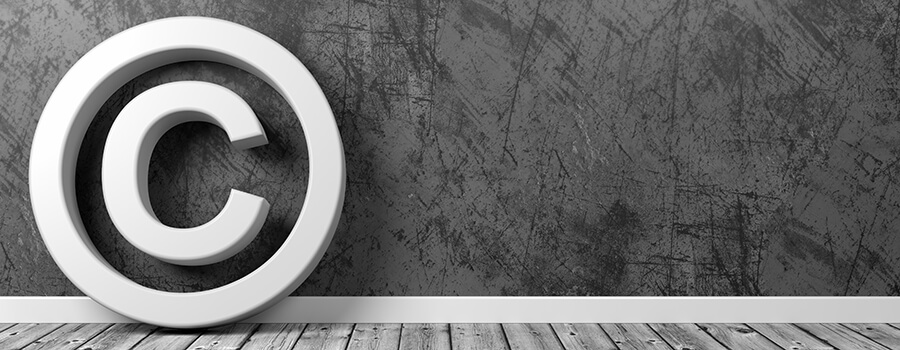It’s important to understand at least the basics of copyright, because using someone else’s material when you don’t have the right to can cause problems.
Here’s a brief overview of some copyright issues to be aware of:
- Including details of where you sourced material from does not mean you are free to use it. An acknowledgement is not a substitute for permission to use material.
- The term ‘public domain’ is often misused and misunderstood. It’s often taken to mean ‘anything freely available to the public’, such as anything that is on the internet. This is incorrect. Material is only in the public domain if the copyright on it has expired. There are different rules in different parts of the world, but this is usually 50 or 75 years after the material was first published.
- There are no word limits on how much you can use of other people’s material before you need permission. It’s dependent on the length of the material you are using. If you use 250 words of a 300-word poem without permission, you are probably breaching copyright. If you use 250 words of a 50,000-word book, you are probably not breaching copyright.
- It’s okay to quote a few lines from a book, website, report, article and the like, or to use a quote from a famous person.
- You are allowed to take photos of people when they are out in public (for example, if you own a coffee shop, and you want to photograph it full of customers). But you are not allowed to use an image of a person in a way that suggests they endorse your business without their permission. So, you could take a photo of your busy coffee shop and put that on your website with a caption about how popular your store is, but you could not state that all of these people think your store is the best coffee shop in the area without them agreeing.
- It’s fine to use online links to other sites on your website, Facebook page and so on. This is not the same as publishing that content on your own site, as you are sending people to the original source of the material, not re-publishing the content yourself.
- In Australia, you don’t have to ‘apply’ to have your content protected by copyright. It’s covered automatically the minute you produce it. There are some countries where you do have to apply for copyright.
As a general principle, if you’re going to make a profit from the time, money and effort expended by someone else to prepare material without their involvement or permission, you are possibly breaching copyright. And even if you avoid any major problems, this is not a cool thing to do and reflects poorly on you as an author. If in doubt, find out who owns the copyright in the material you want to use and ask them for permission.
Copyright is a very complicated area, so this is only an introduction. If you have any concerns, I suggest you do some more research. And for more information, you can go to www.copyright.com.au or www.copyright.org.au.



Leave a Reply